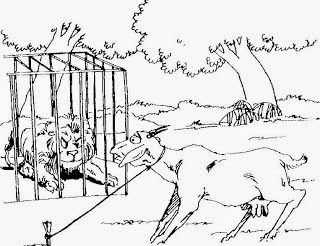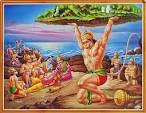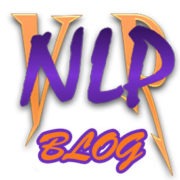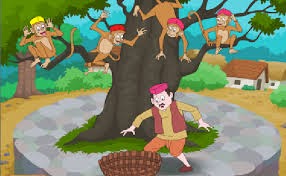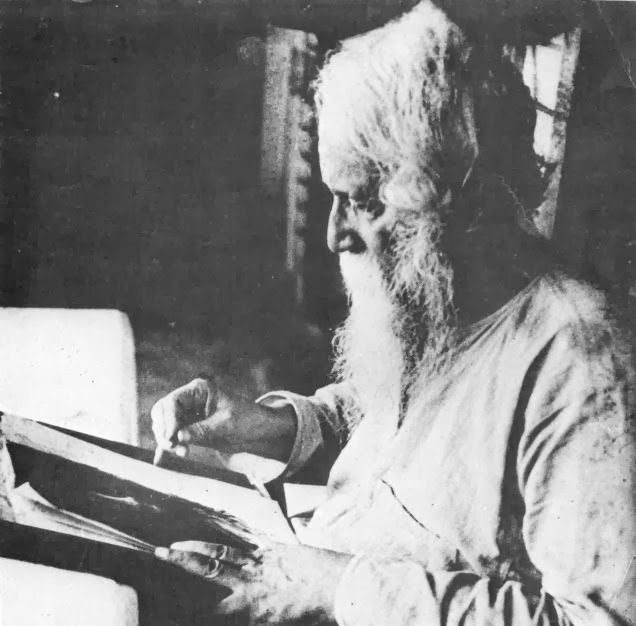Die hard pessimist?
In my recent NLP workshop I had an interesting experience.
It was an eye opener for me; a little challenging too.
I was deliberating on presuppositions (principles) of NLP.
One of the presuppositions is “if one can do, anyone can do”
This principle is the basis for modeling, the very core principle of NLP.
Based on this belief if one can attempt to copy an achiever, chances of succeeding in the attempt are very high.
It is no high five stuff peculiar to NLP; it is the way species on earth including man learn from predecessor.
Watch children how they learn to imitate parents;
you go to a new place, you are not sure of the custom of people there,
you watch for some time and start following the most popular practice.
NLP has taken this as one of its principle.
In fact presuppositions of NLP are taken to be true and proceeded to verify the validity.
In most cases the belief turns out to be true.
Now this person in my workshop refused to accept “If one can do anyone can do”;
he said, “Not all can become CEO of an organization; not all can become President; a person with lower IQ cannot achieve like a person with higher IQ”
He is very strong in his conviction.
His belief system says clearly to him that achievement, success is all possible only for a select few who are brainy.
I could not make him understand due to time constraint considering the purpose & focus of the workshop.
I have decided to spend time with him to make him understand an alternate empowering way that this presupposition suggests.
At the same time he has given me an opportunity to understand the map of ‘these’ die hard pessimists & find ways to enter their map. In what way I can match them to mismatch or in what I can pace to lead them to empowerment.
The point here is if one can do something any one can do the same thing or even better;
at the same time it is not compulsory that we should do that same task for the sake of this saying.
The words POSSIBILITY & PROBABILITY are not synonymous.
The presupposition here ‘If one can do any one can do” says of the POSSIBILITY of repeating the task;
it is not impossible; if one determines to do the task it can become a reality sooner or later;
it is all a question of time & effort & perseverance.
We may differ in our ability to accomplish the task;
there may be variance in the pace of doing the task;
people with skill shrewdness may complete it faster,
people with lesser acquaintance may take more time,
yet it is possible to do the task; perhaps the price to be paid may be more.
At the same time the probability of a task happening in a given circumstance may be nil;
For example in a democratic set up every citizen of the country has the right to become PRESIDENT of the country.
Here we say of POSSIBILITY; yet given the circumstance not all have the probability of becoming PRESIDENT.
It is common sense that unless we believe that it is possible for us to do we will not even attempt at doing anything new or learn anything new.
This principle is relevant to our every day context and it is human to dream within the realms of one’s experience & calculation.
If Abdul Kalam became the President of India, even I can become given the time, effort & resource;
yet I don’t need to choose to become President; or even if I choose to become one I may not become immediately;
yet it is not that I can’t become.
If we have this understanding a lot we can do in life.
Coming to this person’s conviction I only said
‘‘You are right; like many can decide to be in status quo, you too can be so, by your choice’
“If one can do anyone can do to succeed & grow”

